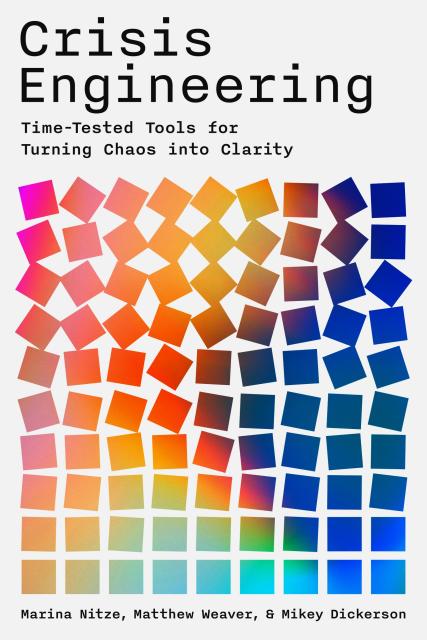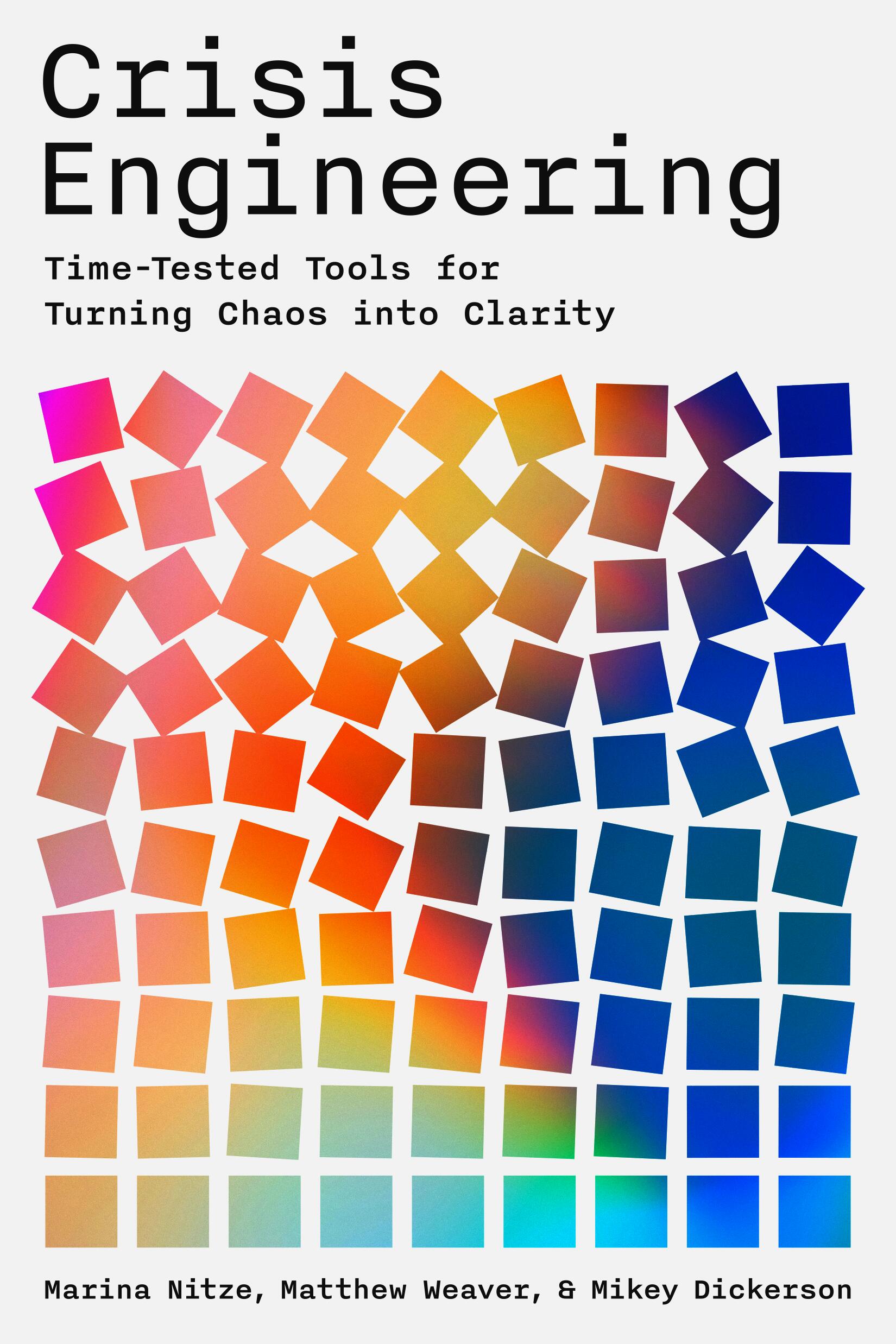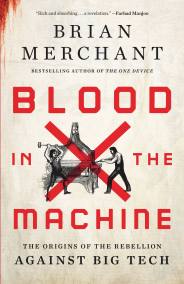Crisis Engineering
Time-Tested Tools for Turning Chaos into Clarity
Contributors
By Marina Nitze
Formats and Prices
- On Sale
- Apr 7, 2026
- Page Count
- 272 pages
- Publisher
- Balance
- ISBN-13
- 9780306836879
Price
$11.99Price
$15.99 CADFormat
Format:
- ebook $11.99 $15.99 CAD
- Audiobook Download (Unabridged) $24.99
- Trade Paperback $19.99 $25.99 CAD
Buy from Other Retailers:
Learn how to successfully emerge from complex crisis conditions with this practical, comprehensive guide.
"A book I wish I’d had in difficult times.” —General Stanley McChrystal, US Army (Ret) & Co-Founder and CEO, McChrystal Group
When the system breaks, what do you do? You're in the middle of a meltdown. The platform is down, the phones are ringing, the headlines are brutal, and your team is looking to you for answers. The usual playbooks—careful planning, expert consultation, bold strategy—aren’t working. What if we told you that instead of the end of the world, this is your moment to create lasting, transformative change?
Crisis Engineering is your field guide to leading through the chaos—and coming out stronger than before. Drawing on decades of experience inside some of the most complex systems in industry and government, Marina Nitze, Matthew Weaver, and Mikey Dickerson, of the crisis engineering firm Layer Aleph, reveal their powerful, hands-on framework for navigating high-stakes crises.
From the rescue of HealthCare.gov to wildfire response and pandemic logistics, this book offers real-world stories, practical tools, and hard-won insights into how complex systems fail—and how to help them recover. You’ll learn:
- How to identify the 5 signals of a crisis—and use them to your advantage
- Why traditional leadership instincts fail under pressure—and what to do instead
- How to stand up your own crisis engineering effort when it matters most
Whether you’re in tech, government, healthcare, or any other critical system, Crisis Engineering gives you the mindset, tools, and vocabulary to lead with clarity and create lasting change.
-
"Crisis Engineering is the ultimate practical guide to leveraging a crisis to drive meaningful change. The authors—veterans and students of crises—provide both thoughtful analysis and compelling logic to provide a toolkit for making sense of what’s happening, understanding the systems involved, and reshaping them. A book I wish I’d had in difficult times.”General Stanley McChrystal, US Army (Ret) & Co-Founder and CEO, McChrystal Group
-
"I have worked closely with and relied on Crisis Engineering's authors to help solve crises few others would touch. The methods described in this engaging and helpful book will help you handle the tough problems. Read it now, before you need it."Denis McDonough, former secretary of the Department of Veterans Affairs and Chief of Staff to President Obama
-
"This is the book I wish every single boss I ever worked for had on their desk."Dan Davies, Cyberneticist, author of The Unaccountability Machine and Back of Mind Substack
-
“Crisis Engineering is a field guide for anyone trying to make change with urgency, humility, and heart.”Jen Pahlka, author of Recoding America and Former U.S. Deputy CTO
-
"This book gives you the tools to recognize a crisis, steer out of it, and maybe even make lasting change while you do. There's so much insight here: plenty of theory and useful new ways to think about crisis, but also practical tactics and detailed real world case studies. (And the nerdy sidebars are fascinating.)"Tanya Reilly, principal engineer and author of The Staff Engineer’s Path
-
"Crisis Engineering is the essential guide to facing the complex breakdowns that characterize the 21st century. Read it, and come away wiser, stronger, and readier to understand and deal with whatever comes at you."Tim O'Reilly, founder & CEO of O'Reilly Media, and author of WTF? What's the Future and Why It's Up to Us
-
"The central fact of our era is the rot and stagnation of our institutions. Many words have been spent documenting and lamenting this state. Crisis Engineering's contribution is a theory of how to get out of it, focused on the moments where brittle systems break. It's written by doers for doers."Patrick McKenzie, host, Complex Systems
-
“Crisis Engineering is required reading for every decision maker in a complex company, non-profit, school, or government organization. This irresistible blend of theory, practice, and storytelling will help you avoid, reduce the duration and damage, and above all, take advantage of such unexpected, disorienting, and disruptive failures to make rapid system-wide improvements.”Robert I. Sutton, Stanford Professor Emeritus and New York Times bestselling author of eight books including The No Asshole Rule, Good Boss, Bad Boss, and (with Huggy Rao) The Friction Project
-
"The world is never going to get less challenging, systems won’t get less complex, and the stakes won’t get lower. What’s more, the better you are at what you do – the more important and reliable your system is -- the worse it will be when a crisis hits. This book gives you the understanding and tools you need so that, when your organization is suddenly in the most demanding moments of its existence, you can act with confidence, resilience, and grace."Deb Chachra, author of How Infrastructure Works: Inside the Systems That Shape Our World
-
“Crisis Engineering brings together insightful definitions, useful (and gripping) anecdotes, and decades of collective experience in the hot seat to help you not only manage and recover from a crisis, but to come out better.”Jason Fraser, Impact Strategy Advisor and Co-Author of Farther, Faster, and Far Less Drama
Newsletter Signup
By clicking ‘Sign Up,’ I acknowledge that I have read and agree to Hachette Book Group’s Privacy Policy and Terms of Use






